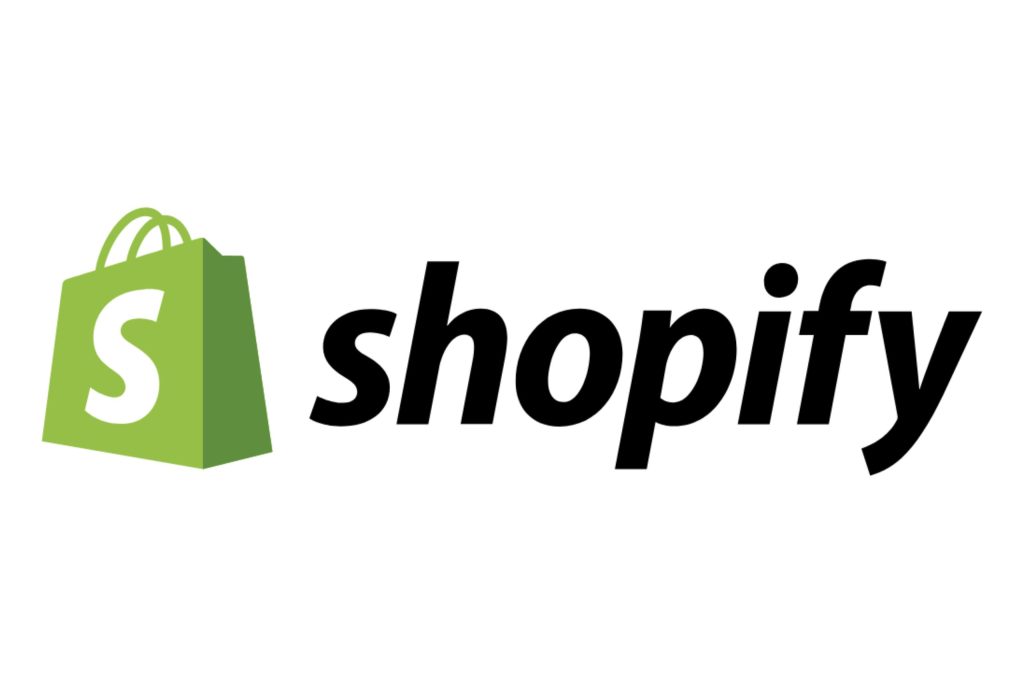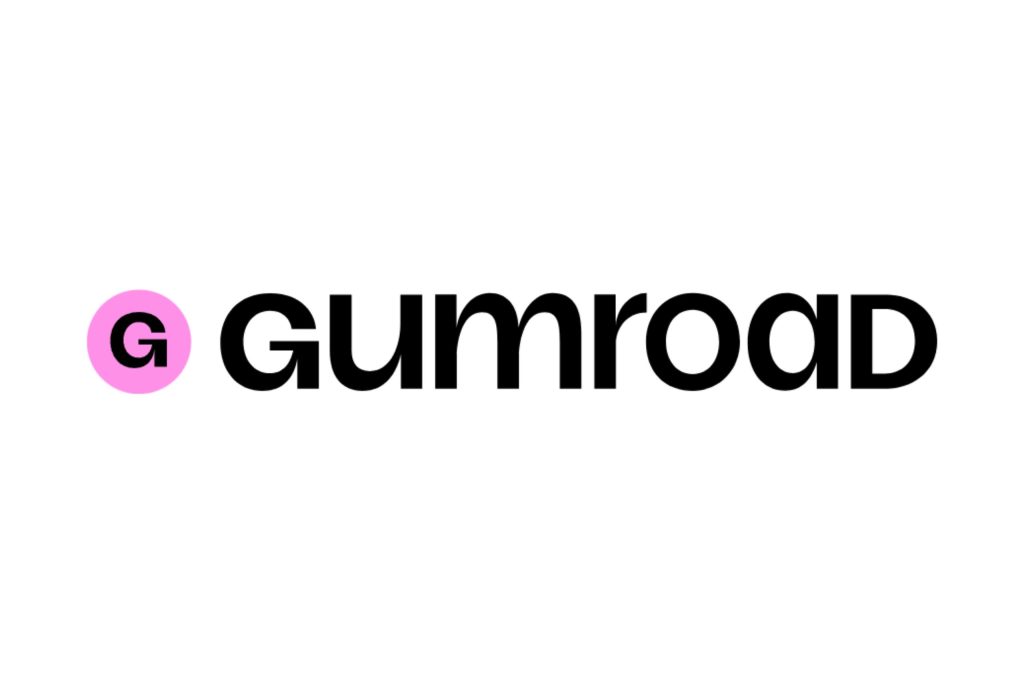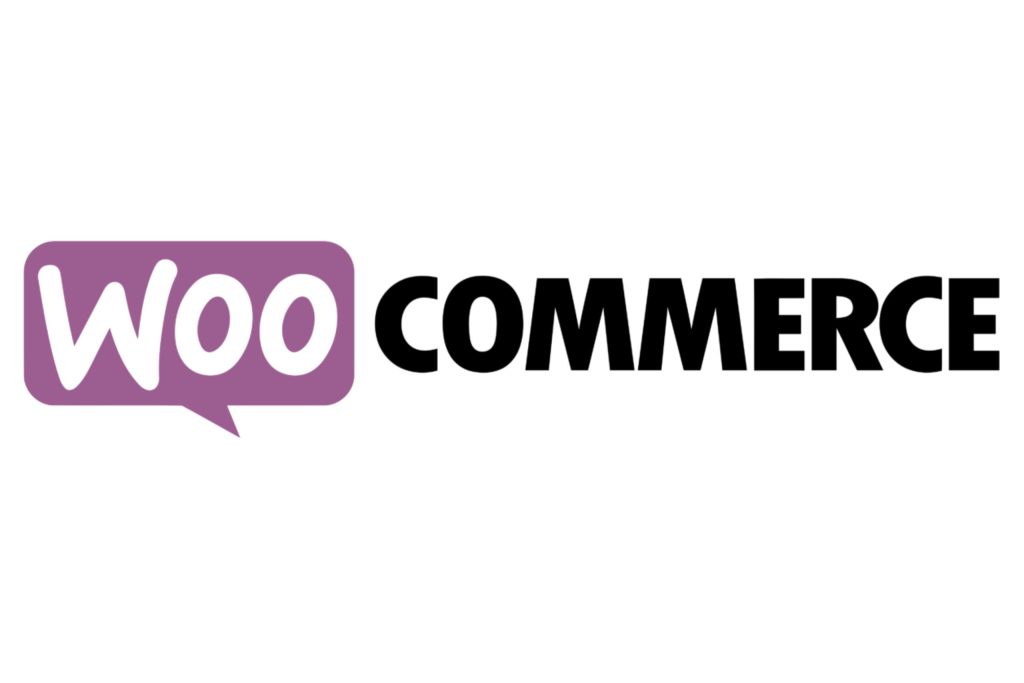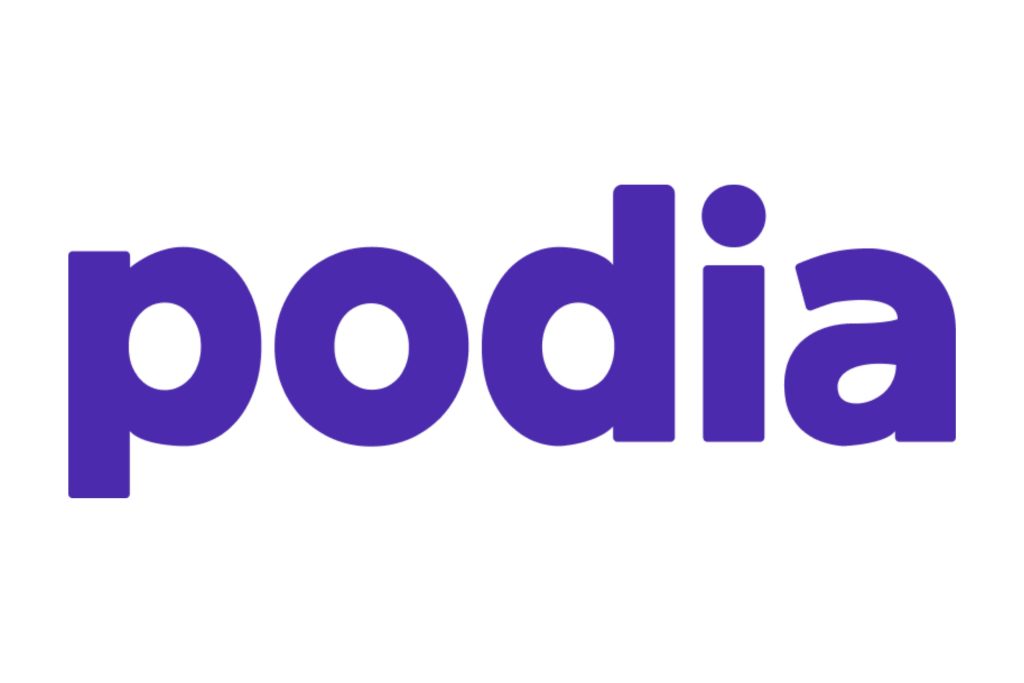Choosing the suitable platform for promoting digital items determines success in the always more competitive e-commerce firm. Entrepreneurs have to find tailored solutions appropriate for their individual circumstances as the market for digital products is expanding and consists of e-books, software, online courses, and more. Changing consumer preferences and the simplicity with which one might get digital goods propel this growing sector.
Apart from simplifying the selling mechanism, a good e-commerce system enhances the whole customer experience. Features like robust marketing tools, simple-to-use interfaces, and secure payment options might greatly affect sales and client retention. Furthermore, the correct platform may provide retailers important understanding about customer behavior, therefore guiding their selections. Knowing the value of choosing a suitable platform is more critical than ever for maximizing possible earnings and remaining competitive in the market as many companies rely on digital product sales as a main source of income.
Shopify: Extremely Customizable and User-friendly
For both new and experienced retailers, Shopify is a user-friendly tool with plenty of customizing choices. With its straightforward layout, novices may rapidly create an online shop using step-by–step advice and easy navigation. Starting users may quickly handle digital products, create and arrange listings, and employ safe payment ways to provide a hassle-free initial experience.
Especially for seasoned businesses, Shopify’s excellent customizable features really shine. By allowing a large spectrum of themes and apps, the system helps customers modify their stores to match their needs. This flexibility helps one to optimize inventory control systems or mix marketing strategies, thereby increasing their value.
Strong assistance from Shopify also comes via a 24/7 customer service staff and tutorials. The huge user base of the site provides a multitude of troubleshooting tips and best practices, therefore creating an atmosphere where vendors could flourish. Shopify is a flexible option for everyone trying to establish an online presence as it successfully strikes a mix between simplicity of use for beginners and extensive customizing for experienced merchants.

Gumroad: Simple Setup for Creators and Small Businesses
Independent artists and small businesses would find Gumroad, a basic, moderately priced platform ideal. Its simplicity enables clients start shop quickly and free them to focus on their job rather than on managing difficult logistics. The pay-what-you-want pricing approach of the site allows artists to create flexible price plans appealing to their target demographic.
Gumroad also offers subscription alternatives, which let artists consistently earn money from dedicated readers. Those that want to develop intimate ties with their clients especially benefit from this technology.
Additionally providing insightful consumer data, Gumroad helps producers monitor sales success and better know their consumers. Products development and marketing plans may be informed by this information.
Emphasizing user experience, Gumroad helps direct sales between producers and customers, therefore removing middlemen. This strategy not only improves producers’ earnings but also helps them to build community and relationship with their audience. For everyone wishing to easily commercialize their work, Gumroad’s combination of simplicity, utility, and creator-centric design is appealing.

WooCommerce: Flexibility for WordPress Users
For those who currently make use of this potent content management system (CMS), WooCommerce fits well with Linux. This connection lets customers utilize their current PHP skills by allowing a seamless move from a basic website to a fully operational online shop.
With so many plugins and themes on the platform, customers have the tools they need to build a rather unique business. From shipping choices to payment gateways, the range of accessible extensions improves general functioning and meets different business requirements.
Open-source character of WooCommerce provides amazing power and control. Changing their online shops as needed assists users to meet evolving industry client requirements. Moreover, they avoid depending on other businesses by totally managing their servers and data.
Linux users looking to create a strong eCommerce presence will find WooCommerce the ideal answer because of its mix of exceptional integration, great customizing possibilities, and open-source independence.

Podia: All-In-One Digital Products and Membership Platform
Podia is an all-in-one tool for anyone wanting to quickly provide courses, subscriptions, and digital downloads. Its simple interface allows users with little technological knowledge to develop their goods. Designed to allow creators effectively communicate with their audience, manage campaigns, and enhance customer relations combine this ease of use with built-in email marketing capabilities.
Excellent customer service from Podia guarantees that customers may quickly address problems and maintain the perfect operating of their companies throughout many outlets. Among Podia’s most compelling features is its no-transaction-fee policy, which lets manufacturers keep more of their money free from invisible expenses or fees eating profits. This attracts someone looking for a simplified service with an eye toward more profitability.
Popular among artists trying to streamline their online business experience, Podia offers a complete solution including the elements required to organize memberships and sell digital items.

Sellfy: Quick Setup with Built-in Marketing Tools
Sellfy’s simplified setup approach lets designers open their online shop in minutes. Without any technological knowledge, users can simply upload digital items, personalize their shop, and start selling.
The platform has built-in marketing tools like automated email campaigns to properly engage consumers and upselling capabilities that inspire consumers to buy more products. These characteristics make Sellfy a perfect fit for artists looking for a simple, all-in-one approach for digital product sales.
Sellfy also offers print-on- demand integration, therefore enabling designers to present actual goods alongside their digital creations. Attractive to those offering membership-based content, the subscription option allows consistent income sources. Sellfy offers the necessary instruments for artists to thrive free from the trouble of running many services.

Conclusion
When comparing online stores for digital goods, main variations show in features, price policies, and user experience. For example, Gumroad offers a simple setup fit for individual producers and small businesses; systems like Shopify provide sophisticated e-commerce options and scalability, hence they are perfect for bigger companies. For those experienced with website maintenance, WooCommerce also easily connects with WordPress; Etsy, on the other hand, appeals especially to artists and original digital products. Every platform offers special benefits depending on subscription structures, sophisticated marketing tools, or user-friendly interfaces. Potential buyers should therefore give much thought to their particular requirements, company strategies, and financial situation before choosing a venue. The appropriate decision will open many chances for effectively marketing digital items online, thereby enabling businesses to access a worldwide market and create income in creative methods.

